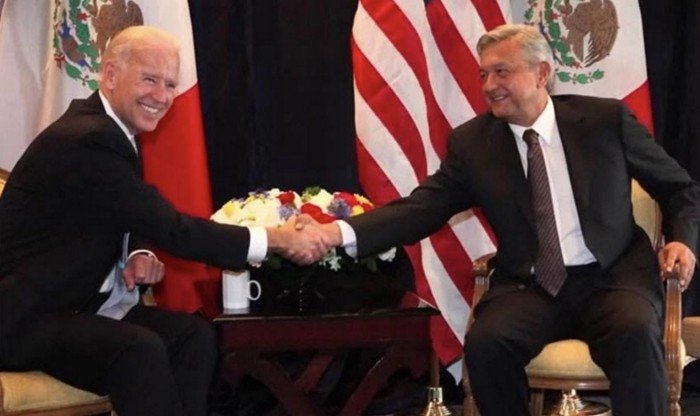Local Governments Are Foreign Policy Actors, Too
Nina Hachigian, the deputy mayor of Los Angeles, argues that breaking down the silos between foreign and domestic policy will make international affairs more relevant for middle-class Americans.
Los Angeles & The United Arab Emirates: City Diplomacy for the Future of Food & Water Security
As the global population continues to grow, what can cities in both developed and developing countries do to meet the increasing needs of water and food in a way that is sustainable and equitable? Written by Kelsey Suemnicht, inaugural Global City Fellow
Los Angeles & The United Arab Emirates: City Diplomacy, Pandemic Response, and Disaster Preparedness
In partnership with the United Arab Emirates Consulate General in Los Angeles, the Pacific Council gathered leaders across sectors to discuss the novel approaches that cities provided towards mitigating the COVID-19 pandemic this November. Written by Kelsey Suemnicht, inaugural Global City Fellow
Israel's Nuclear Option Against Iran
The longer that US nuclear negotiations with Iran remain stalled, the more Iranian centrifuges will continue to spin, adding to the pressure on Israel to take matters into its own hands writes Bennet Ramberg
Where does US public diplomacy stand after the War on Terror?
While the US lost the so-called battle for ‘hearts and minds’ in the Muslim world, elements of public diplomacy still retain their strategic importance for Washington, writes Ibrahim Al Marashi.
Will Mexico Be Joe Biden’s Next Foreign Policy Blunder?
This week, President Biden has a chance to get something he desperately needs: a “win” on foreign policy writes Michael C. Camuñez
Los Angeles & The United Arab Emirates: City Diplomacy and Climate Sustainability
As climate leaders race to keep global temperatures from rising, what kinds of drastic measures should cities undertake to ensure we are able to avert the cataclysmic effects of climate change?
North Korea's ongoing nuclear missile tests prove it's time to normalize relations
Given the history of repeated dead-end disarmament talks, déjà vu begs the question whether it is time to cut bait and accept the unacceptable writes Bennett Ramberg
Artificial Intelligence and Big Data in the Indo-Pacific
What is the impact of artificial intelligence (AI) and big data on societies in the Indo-Pacific? How are countries using AI and big data to enhance their national security and advance their national interests? And what are the major regulatory issues? For a perspective on these and other matters, Jongsoo Lee interviewed Simon Chesterman
Human Rights in Afghanistan: 4 Reasons Why Taliban Should not be Recognized
In a fast-growing inter-connected world, Afghanistan cannot sustain itself in isolation. To avoid isolation, the country needs a nationally agreed-upon legal framework, writes Abdul Rahman Yasa

LEARN MORE ABOUT MEMBERSHIP
Members of the Pacific Council become part of a community of thoughtful, concerned global citizens whose experience informs smart policy and discourse. We connect you to a network of leaders, bring you in on both live and virtual discussions with global thinkers, and invite your ideas to contribute to public discourse and improved policy.









